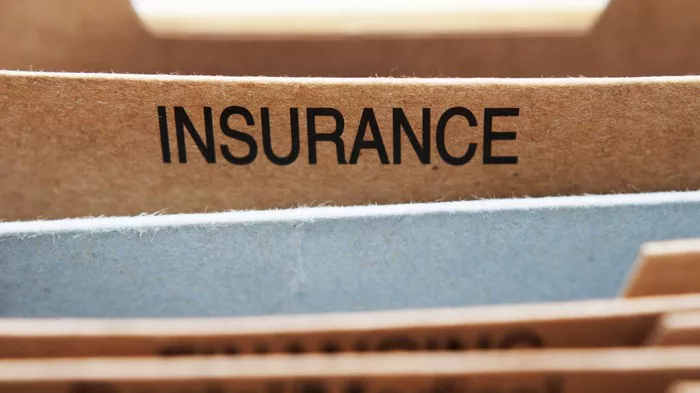UnitedHealth Group (UNH) shares had their worst day ever on Thursday after the healthcare giant unexpectedly cut its profit forecast for the year.
UnitedHealth shares fell more than 22% Thursday, their biggest one-day drop since 1998. Thursday was the company’s fourth-worst day on Wall Street since it went public in 1984.
UnitedHealth’s plunge rippled across the stock market. Fellow health insurers Humana (HUM) and Elevance Health (ELV) fell 7.4% and 2.4%, respectively. UnitedHealth’s shares, the highest-priced stock in the price-weighted Dow Jones Industrial Average, fell about 789 points, while the blue-chip index fell 1.3%; if UnitedHealth shares hadn’t moved today, the Dow would have risen 262 points, or 0.7%.
UnitedHealth’s plunge wiped out about $120 billion in market value, making it one of the worst stock market crashes ever. Such brutal market-cap plunges are rare outside the tech sector, where valuations are supported by growth expectations that can soar or even plummet in times of crisis. Meta (then known as Facebook), for example, became the first company in 2018 to lose more than $100 billion in a single day after reporting disappointing quarterly revenue.
In defensive sectors such as health care and consumer staples, companies typically lose such market cap after a long, slow decline. For example, pharmacy giant Walgreens Boots Alliance (WBA) and cosmetics giant Estée Lauder (EL) have lost about $100 billion in market value over the past 10 and three years, respectively, as they have struggled with declining sales.
Granted, UnitedHealth Group, with a market value of $535 billion, was the 14th-largest company in the S&P 500 before Thursday’s session, meaning its market value still has a lot of room to fall. Outside of tech, only Berkshire Hathaway (BRK.B), Eli Lilly (LLY), Walmart (WMT), JPMorgan Chase (JPM) and Visa (V) had higher market caps before Thursday. Still, companies of UnitedHealth Group’s size typically have stable businesses, and it would take a shock as large as the coronavirus pandemic to see a sell-off like Thursday’s.
Related topics:
































